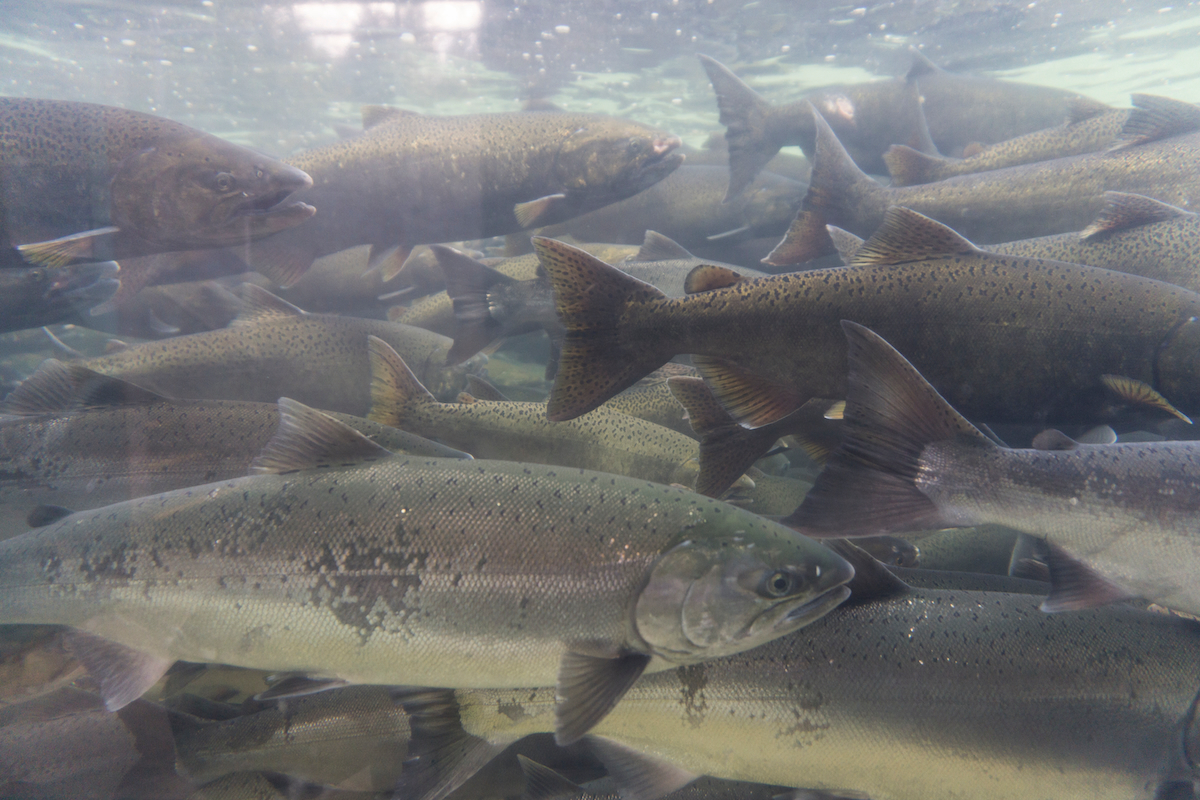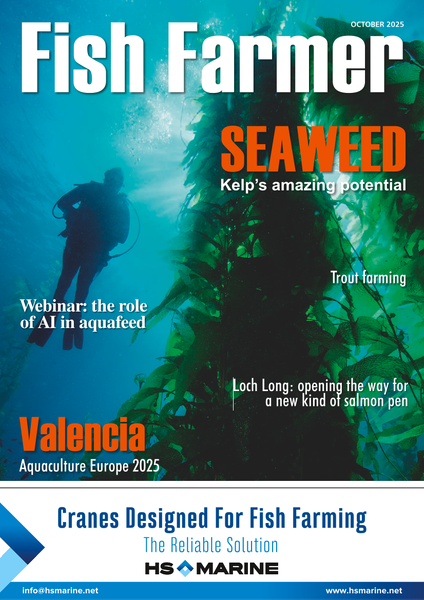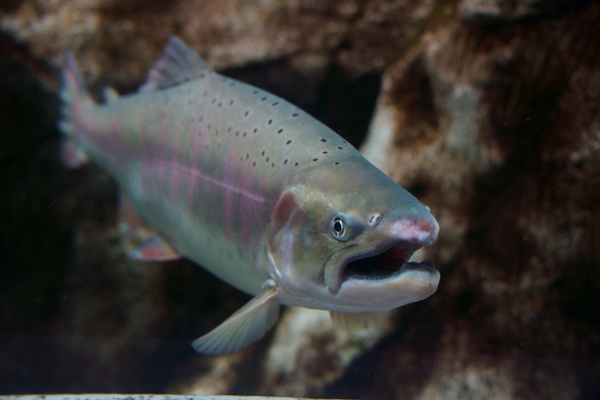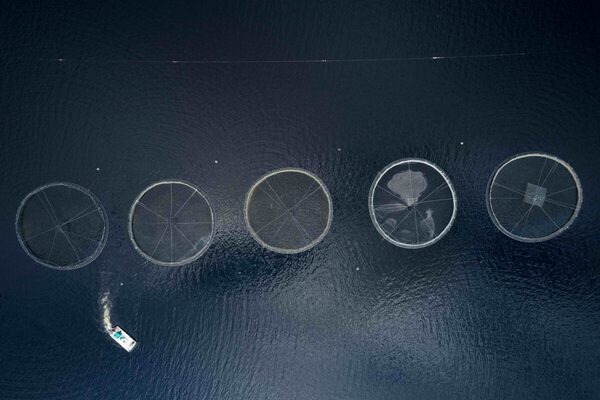Opinion: Are we alone?
Mortality is the perennial problem of all livestock farming industries and it is often used by people with little understanding of food production to lambast those involved. Aquaculture is no different.

Of course it is true that mortality is a key indicator of health and welfare in a system of production but animals reared in an uncontrolled environment suffer disproportionally from disease encountered from that environment.
Part of the problem with activists’ views is that they do not see the mortality in the wild. Nowadays there is a perception that nature is pristine and perfect unlike the “nature red in tooth and claw” that used to be the view. I remember well a debate in Bristol n which involved a woman attacking one of the RSPCA inspectors about working with salmon farmers. I got involved because whether you like the RSPCA or not, the people involved are highly principled and decent and they deserve respect.
She was incensed with rage and when I countered that the welfare on a farm was much better than in the wild, she became incandescent. She used mortality as the cudgel with which to beat me but of course the easy response is that mortality in the wild is about 99.9% and the fish die in the most horrid circumstances. Like most of her ilk she replied that it was natural so it is acceptable. To be free and die horribly is apparently better than to live on a farm and live a fuller life, in such people’s view.
I have heard this view from so many so-called environmentalists, who have no real answer to how to produce food for the population but know what they disapprove of. More and more research is done on the basis of stopping man having any interaction with wild fauna other than to take pictures.
These pseudo-scientists suggest that nature will sort itself out, as if nature cares for all of its components, and extinctions only started occurring when man gained the ascendancy. It is a set of ideas born of an academic mindset which only understands what can be researched by sitting in an office looking at a computer screen. Field trips are only undertaken in order to verify that which has been calculated.
If it sounds like I am fed up with it, you are reading this article correctly. Such thinking is born of valuing theory over experience or reading books over working every day in the environment. Particularly in the UK, our environment is man-made and no amount of rewilding or wishful thinking will return it to what it was before man existed.
Mortality is a fact of life
So having got that off my chest - sorry about that! - mortality occurs in every facet of farming. Those of a vegetarian persuasion are welcome to stand up now and claim their righteousness but I am afraid get ready for a blow to your pride. Crops are protected against as many, if not more, challenges as stock farming and a very large number of insects, animals and plants die to allow those crops to be produced.
Activists will use whatever weapons they have to hand to attack whatever it is they oppose. The truth is usually the first casualty of war and so it is with activism. If you oppose windfarms you will use whatever correct or incorrect information you can find to try and stop it. So it is with aquaculture.
For many years I have advocated for our industry to get closer to agriculture. The rehabilitation of poultry farming from the worst days of high mortality, deformity and disease is a brilliant case study of how to get yourself out of a horrible hole. Salmon may think it has had a bad press but in those days chicken was regularly eviscerated and it was done in front of the public. Chickens are regarded with much more sentimentality than fish and so the impact was significant. Yet nowadays, despite the industrialised production of chicken, it is regarded as one of the staples of most people’s diet.
As a beef and sheep farmer, I am regularly confounded by the ability of large, sentient mammals to die in the most complicated ways imaginable. We all face this challenge. I just feel and have always felt that if aquaculture was regarded as just another branch of farming, we would be much better off.
It is not as though we get large amounts of subsidy or are a small irrelevant food producer. I would plead that we look at this area again and stop being the lone fish outside a large shoal.
Why not try these links to see what our Fish Farmer AI can tell you.
(Please note this is an experimental service)




